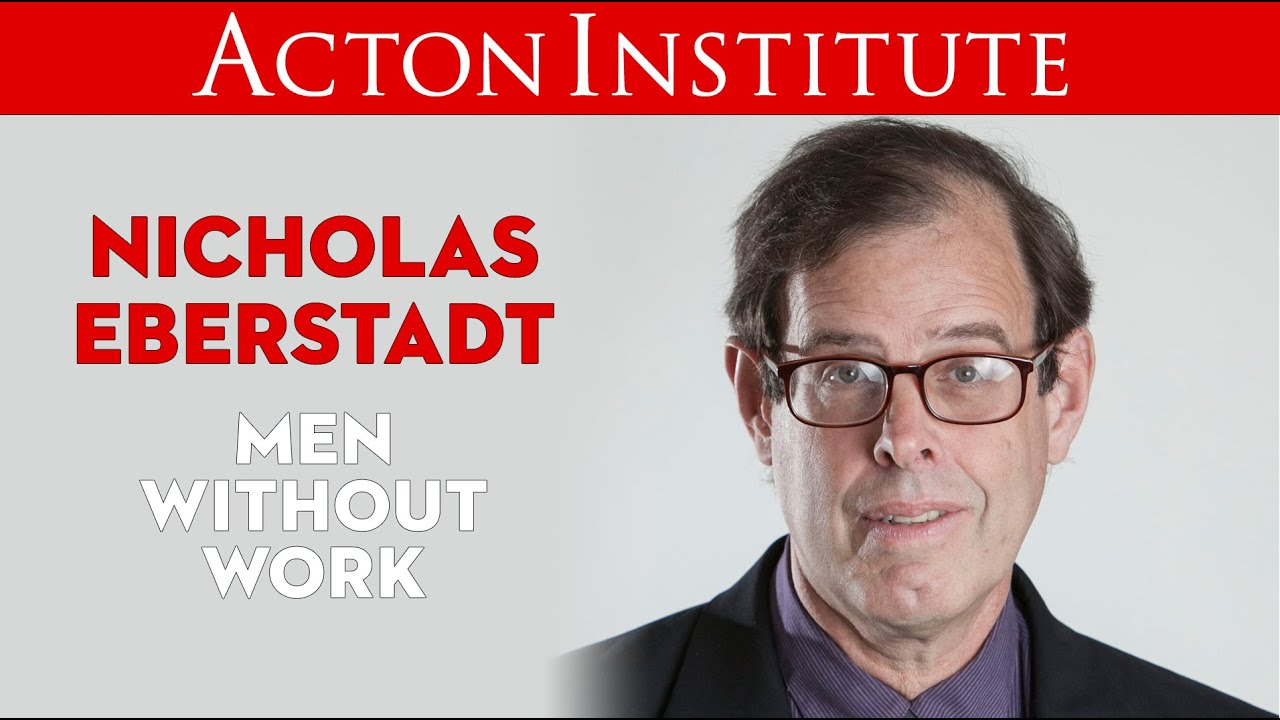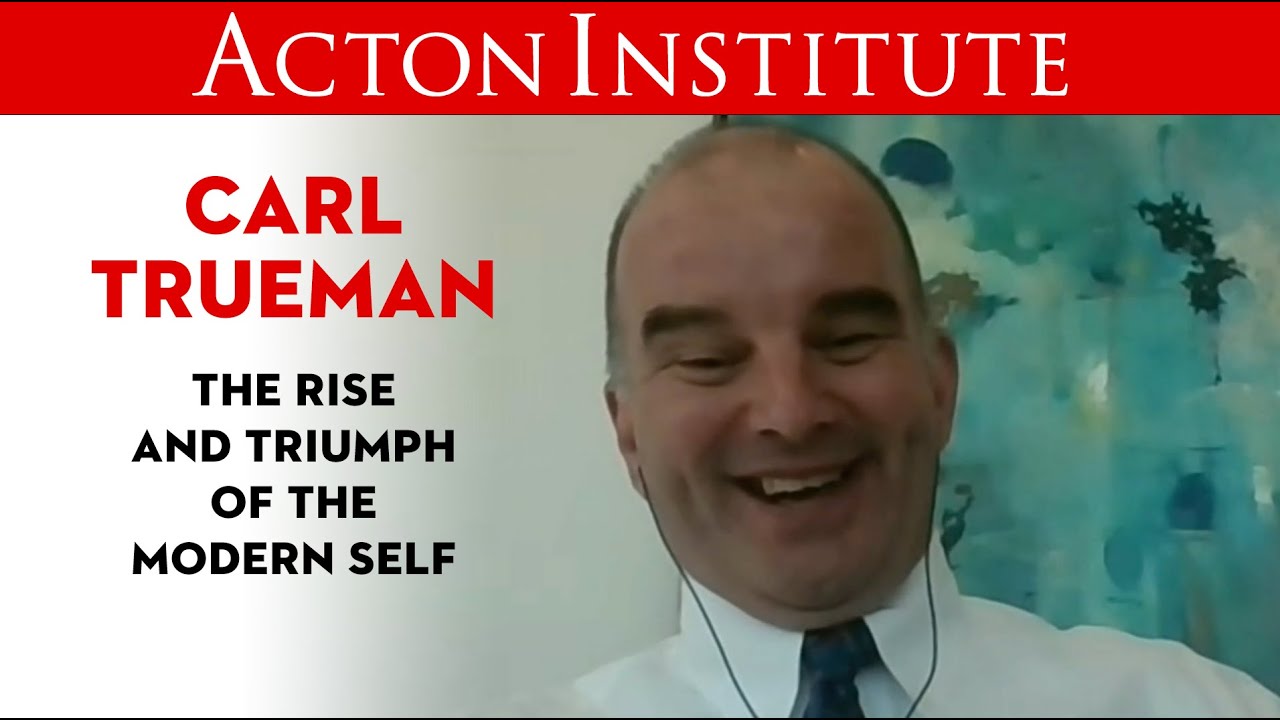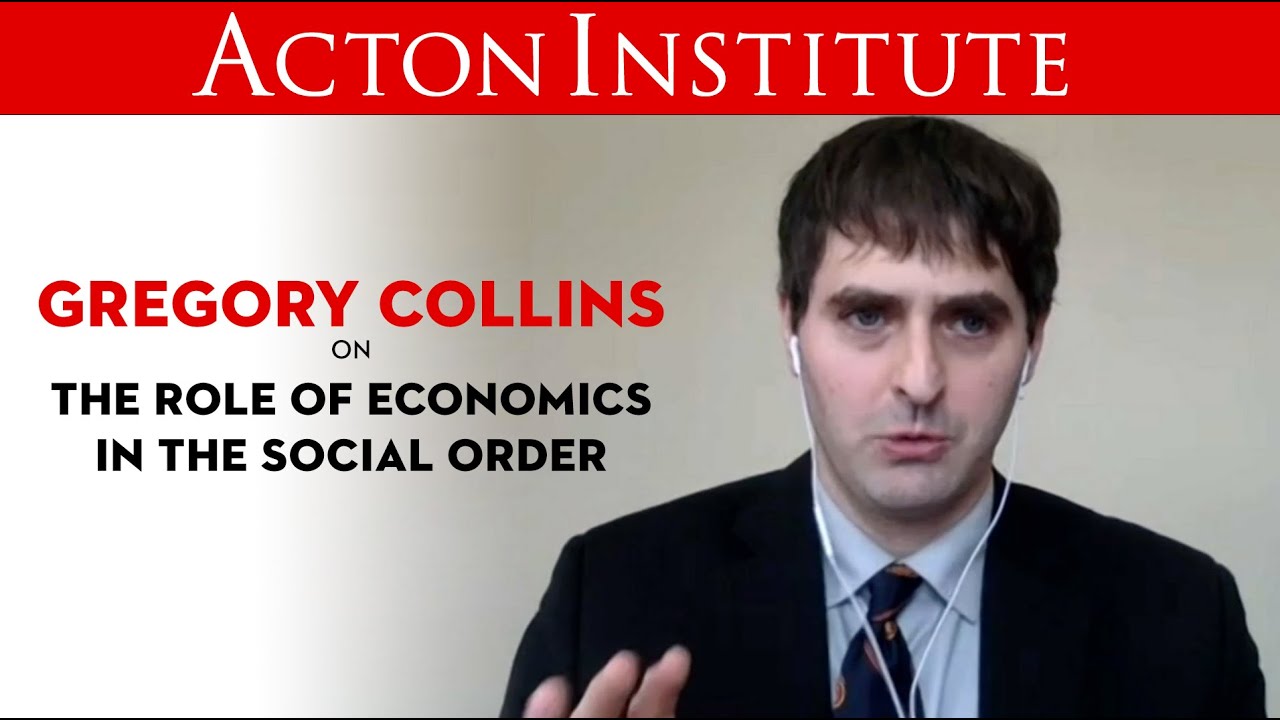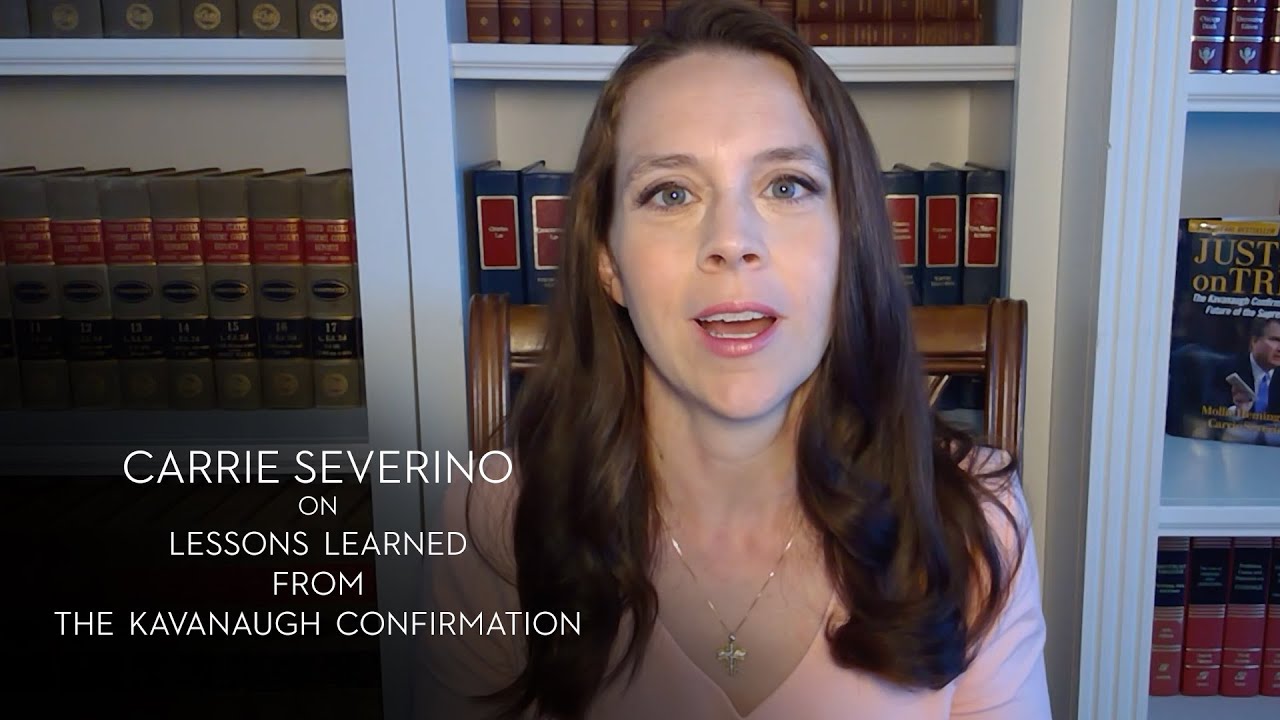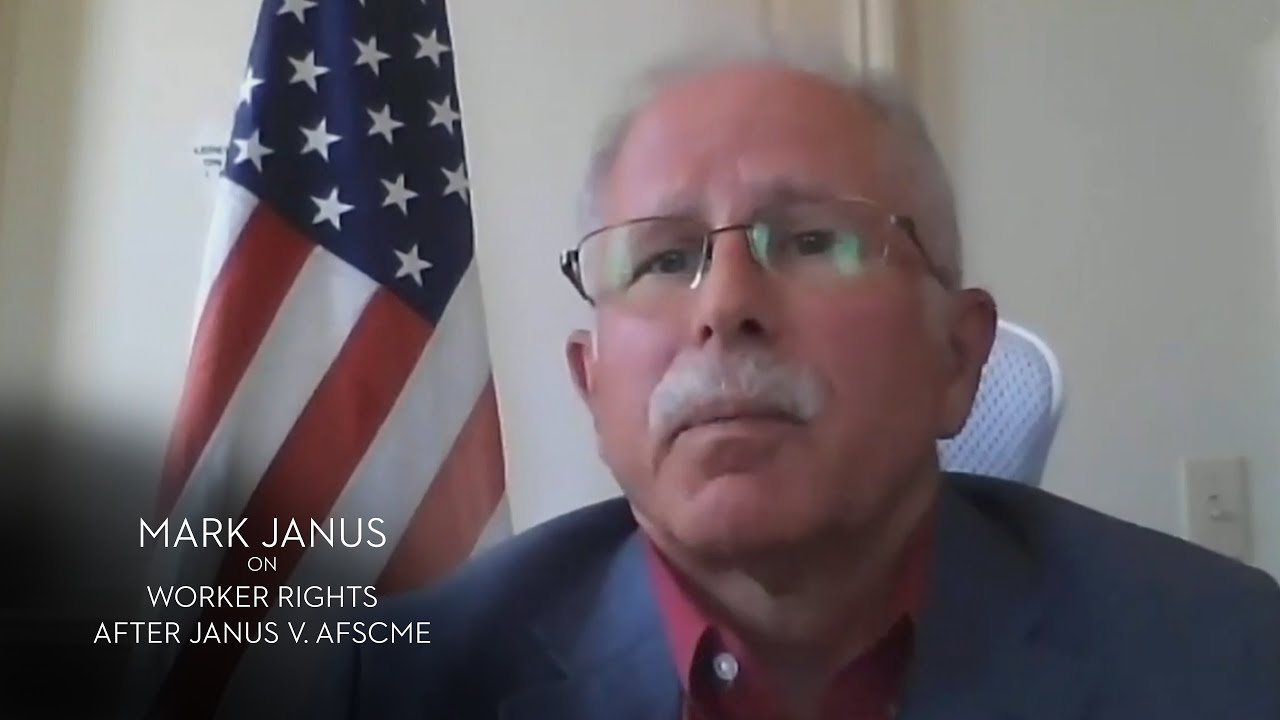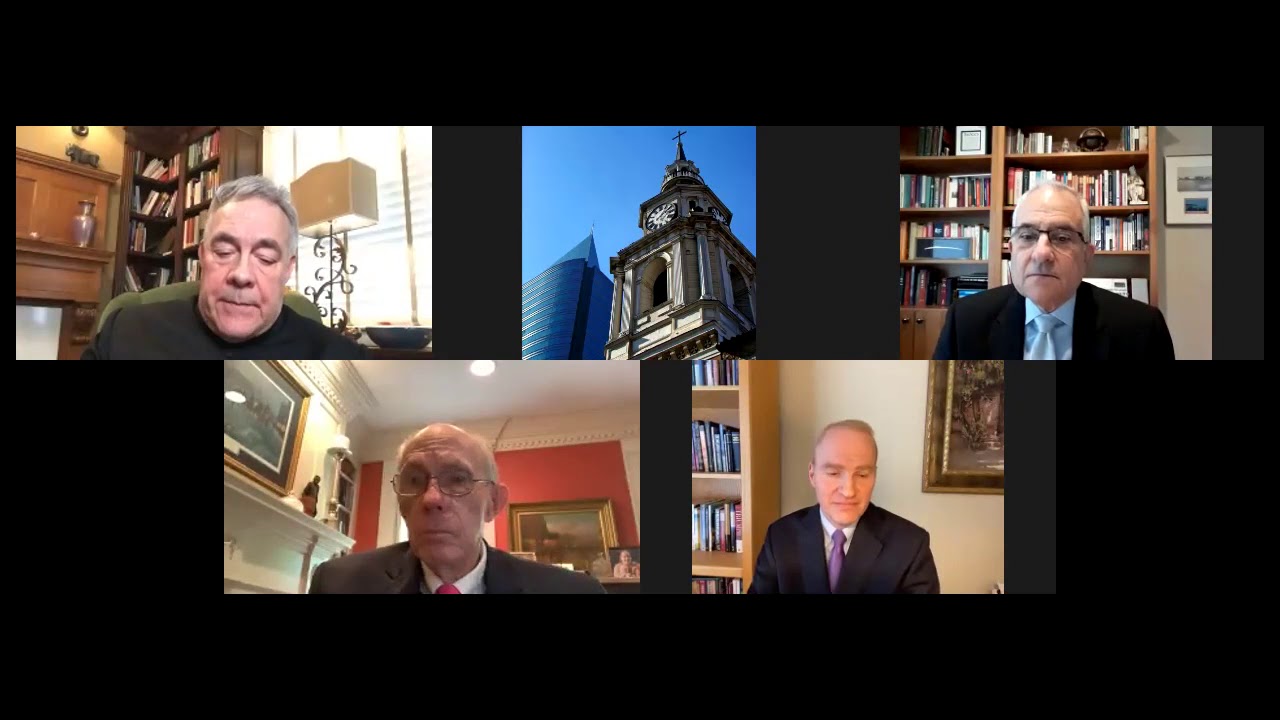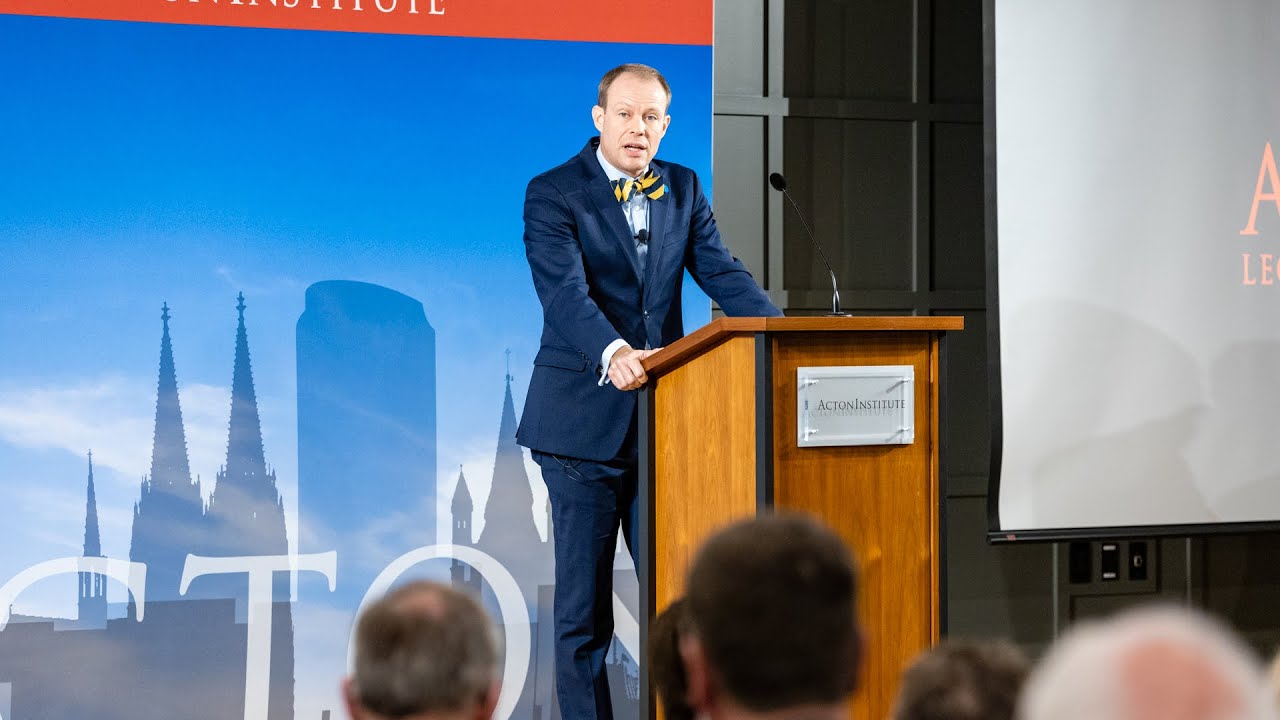Overview
Max Weber's classic study The Protestant Ethic and the Spirit of Capitalism made the case that the Reformation had a major impact on the rise of free market capitalism. But Weber assumed that this influence came from Protestants believing that achieving prosperity was a sign of God's election, which completely misunderstands Reformation spirituality and its influence. Weber skimmed over Luther's doctrine of vocation, which taught that God is present and active in ordinary economic activity, which becomes a sphere in which Christians can love and serve their neighbors. Luther believed that God providentially governs the economic order, but that far from being merely a self-interested pursuit--as it is in both Adam Smith and Max Weber--the division of labor in the various vocations form a network of love and community.


